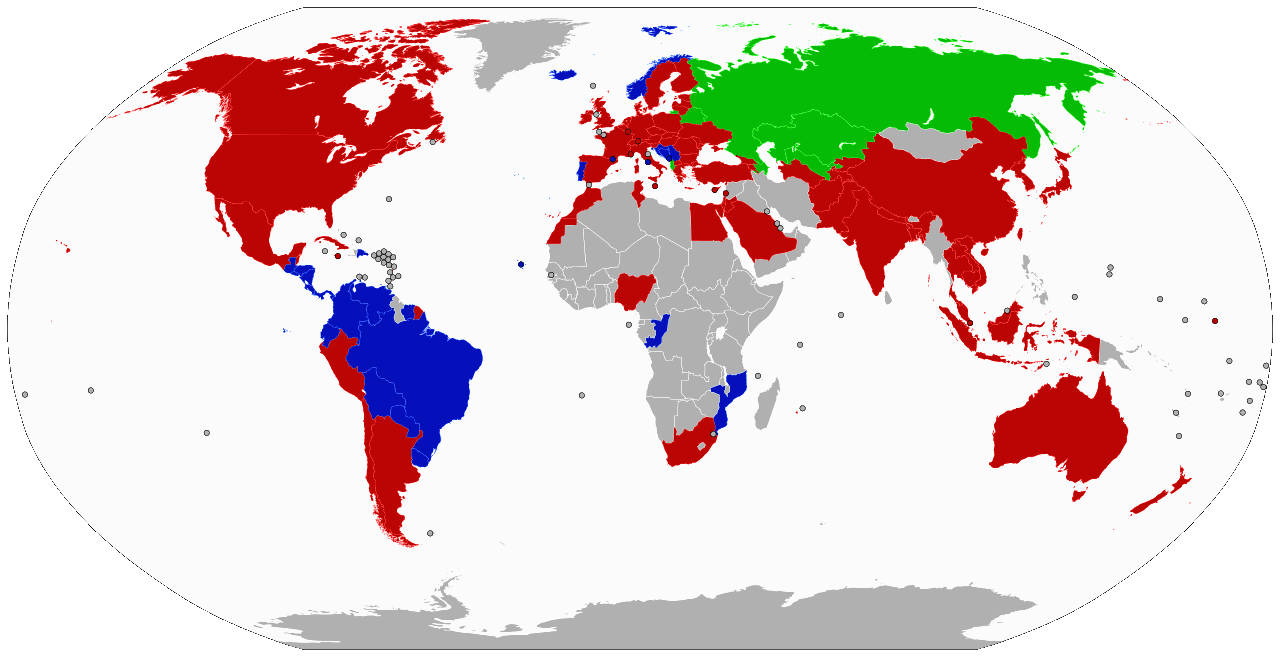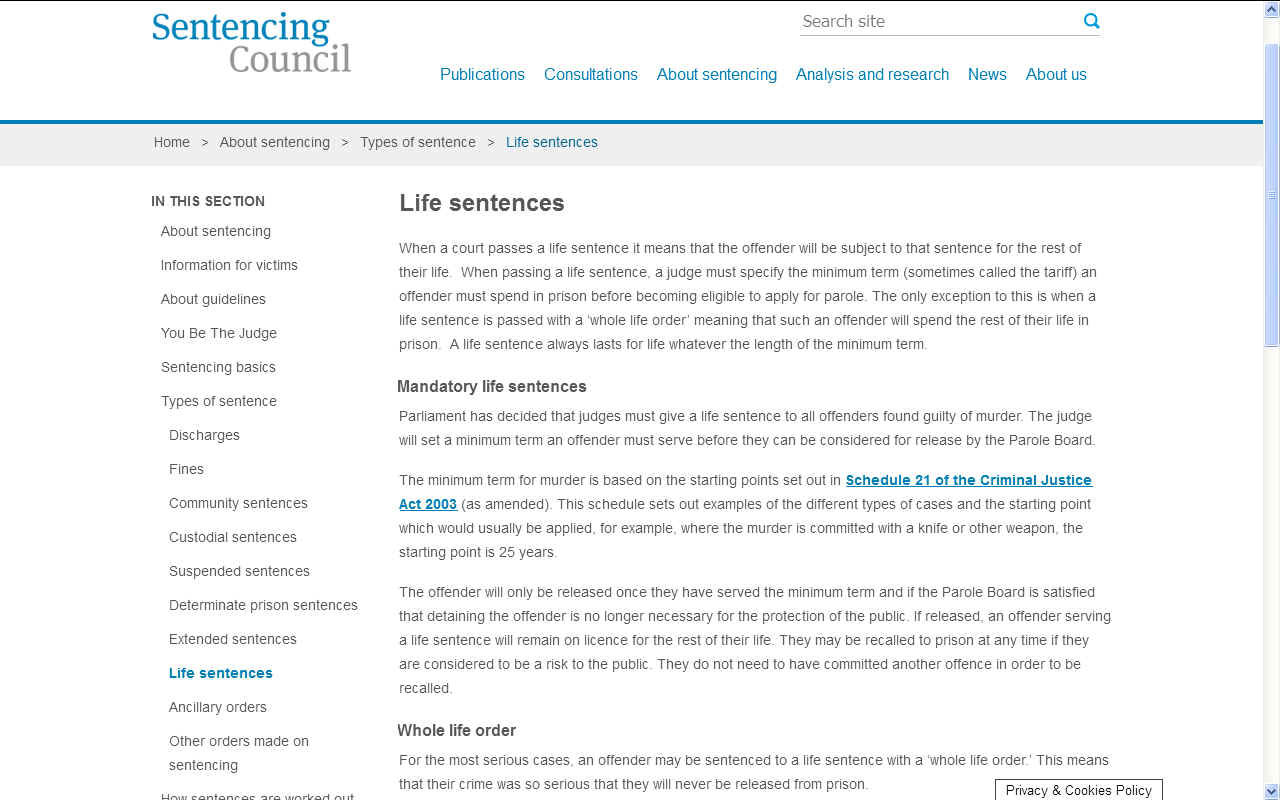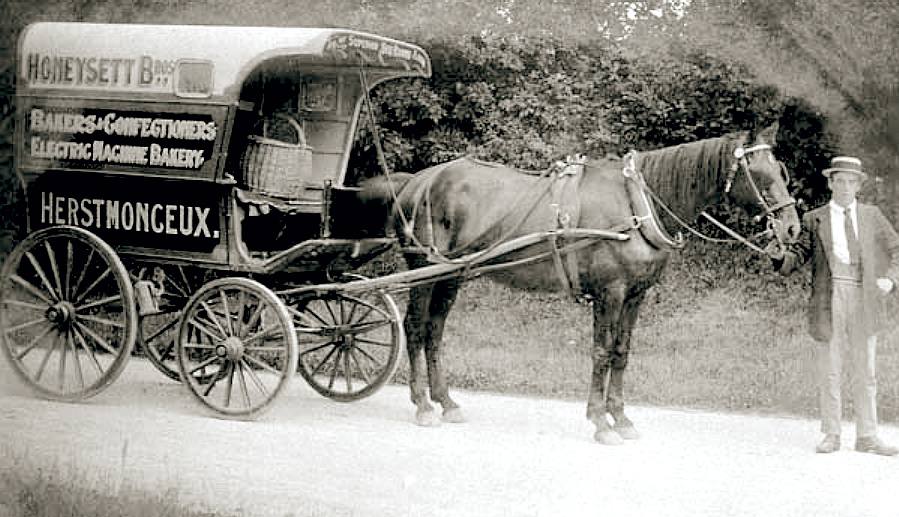|
LIFE IMPRISONMENT
|
|
HOME | CASE STUDIES | LAW | MPs | POLITICS | SITE INDEX | WHISTLEBLOWING |
|
FALSE TESTIMONY - The then occupier of this house gave misleading evidence in the Crown Court in Lewes in 1988, and subsequently offered more misleading testimony to Inspector Raymond Michael in 1997. We wonder if that was just a sequence of memory lapses, or if the gentleman was working with Wealden's officers, or vice versa.
Should you be in any doubt, you should know that the gentleman was the controlling mind of Lime Park Estate Limited for a number of years. The aim of this company was to further disadvantage a neighbour who was not as wealthy and could not afford legal representation. The object being to steamroller him under to seize his then property.
|
|
Life imprisonment is any sentence of imprisonment for a crime under which convicted persons are to remain in prison either for the rest of their natural life or until paroled. Crimes for which, in some countries, a person could receive this sentence include murder, attempted murder, conspiracy to commit murder, blasphemy, apostasy, terrorism, severe child abuse, rape, child rape, espionage, treason, high treason, drug dealing, drug trafficking, drug possession, human trafficking, severe cases of fraud, severe cases of financial crimes, aggravated criminal damage in English law, and aggravated cases of arson, kidnapping, burglary, or robbery which result in death or grievous bodily harm, piracy, aircraft hijacking, and in certain cases genocide, ethnic cleansing, crimes against humanity, certain war crimes or any three felonies in case of three strikes law (USA). Life imprisonment can also be imposed, in certain countries, for traffic offenses causing death. The life sentence does not exist in all countries. Portugal was the first to abolish life imprisonment, in 1884.
Where life imprisonment is a possible sentence, there may also exist formal mechanisms for requesting parole after a certain period of prison time. This means that a convict could be entitled to spend the rest of the sentence (until that individual dies) outside prison. Early release is usually conditional on past and future conduct, possibly with certain restrictions or obligations. In contrast, when a fixed term of imprisonment has ended, the convict is free. The length of time served and the conditions surrounding parole vary. The date when a convict is eligible for parole does not necessarily predict when or if parole will be granted. In most countries around the world, a person granted parole after being sentenced to life imprisonment is usually on parole for the remainder of their natural lives.
UK MANDATORY LIFE SENTENCES
AN EXAMPLE OF MALFEASANCE WHERE LIFE IMPRISONMENT 'COULD' BE CONSIDERED FOR THE CONSPIRATORS
Wealden District Council had secured a part award of costs in relation to their attempts to deprive poor old Nelson of his right to a toilet and washing facilities while at work. Talk about victimization! The only man in England not to be allowed to defecate and urinate in some kind of comfort while at work.
That was the level of confidence Wealden's officers thought they held sway through the courts, that they could get any order, even one that the court had no power to make. David Phillips was the enforcement officer that was out to get Mr Kruschandl and he attended before Dame Butler-Sloss with a bevy of officers sitting back in the courtroom. He was aided and abetted by Vic Scarpa and his apprentice hatchet lady, Christine Nuttall. They of course had other legal advice paid for by the rate payer.
It did not stop there for that is impossible in an organization as corrupt in their practices as Wealden. Trevor Abbott and Trevor Scott are known to have been in the background, especially when they got caught out, with Daniel Goodwin coming to the rescue with the following Consent Order which he signed on behalf of his Council, the idea being, presumably, to quiet-ten things down so that they could deal the final blow after they had pulled the teeth from Kruschandl's claim as to institutionalized discrimination and/or negligence.
VICTIM - The victim of this course of malicious conduct was doing his best to protect and restore a heritage site, that of course the naughty council were doing their best to thwart. Fortunately, the truth finally came out in 1999, when the council's officers were rather caught with their trousers down. But what of a prosecution by the state? What chance of that for the conspirators?
The point here is that when more than one person is involved in at attempt to coerce a court to break the law, it becomes a conspiracy to pervert the course of justice. We think we have demonstrated here that there was obviously more than one officer in the mix. It gets worse of course, because in order to use public money to pursue Mr Kruschandl at this level of expense to the tax payer, the officers first had to secure approval from the members of this Council. In this case it would have been the Area Plans South sub-committee- and it was Roy Martin who presided as chairman when David Phillips advised the gathering, an unlawful assembly as it now seems, that he and his co-conspirators were "looking to enforce."
You can read this for yourself in the transcript - and if you are in law enforcement in England, or policy making in any one of England's Governments, Conservative, Labour, Liberal or UKIP, you can request a copy of the recording to satisfy yourself as to the accuracy of the Transcript dated the 25th of July 1998. There is no limitation in statute for the prosecution of a crime of this magnitude. It is surely in the public interest to make an example of those involved.
Selective policing in Sussex is another crime where the police officers involved in the cover up of a petition seeking the prosecution of corrupt planning officers, should join the officers of the council that they were conspiring to protect, particularly where masonic influence may have been involved.
One should consider that the officers involved in this conspiracy effectively took the life of their victim in preventing him from enjoying what is considered to be a normal happily married life. We assert that any person or persons in public office that commit such acts as a sequence or compounding of offences that is designed to ruin a person could and should be sentenced according to the seriousness of their offences against the person. If not life imprisonment, then at least a hefty sentence for crimes against humanity.
REFORM OR ABOLITION
In a number of countries, life imprisonment has been effectively abolished. Many of the countries whose governments have abolished both life imprisonment and indefinite imprisonment have been culturally influenced or colonized by Spain or Portugal and have written such prohibitions into their current constitutional laws (including Portugal itself but not Spain).
LINKS & REFERENCE
https://www.sentencingcouncil.org.uk/about-sentencing/types-of-sentence/life-sentences/ https://www.gov.uk/types-of-prison-sentence/life-sentences https://en.wikipedia.org/wiki/Life_imprisonment https://en.wikipedia.org/wiki/Malfeasance_in_office
Vicarage Lane, Hailsham,
East Sussex, BN27 2AX T: 01323 443322
|
|
This site is free of © Copyright except where specifically stated. Any person may download, use and quote any reference or any link, and is guaranteed such right to freedom of information and speech under the Human Rights and Freedom of Information Acts. However, be aware that we cannot be held liable for the accuracy of the information provided. All users should therefore research matters for themselves and seek their own legal advice and this information is provided simply by way of a guide. Horse Sanctuary UK Limited.
|






